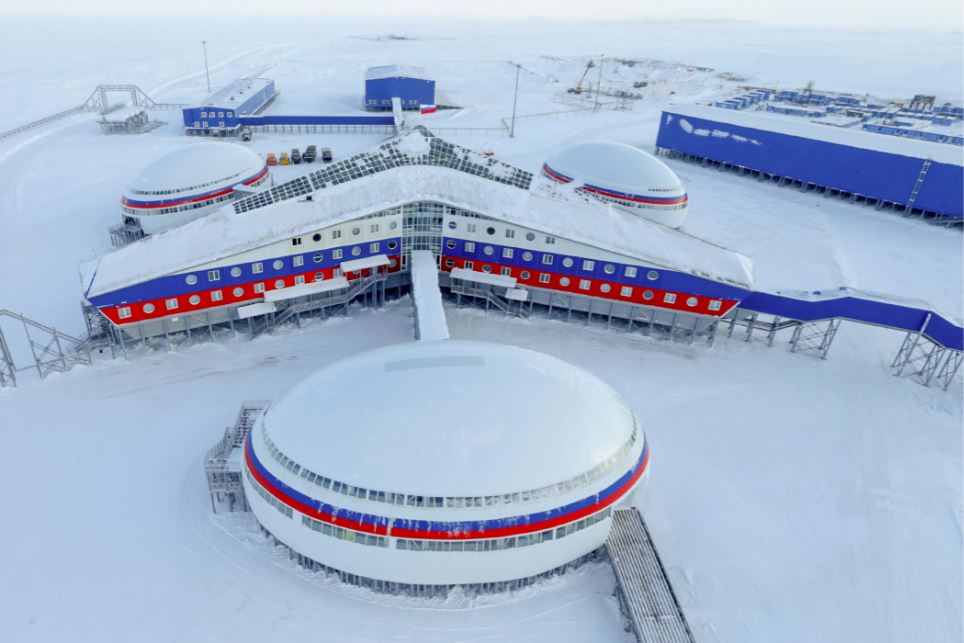Norway renews Russian Arctic research funding

Norwegian scholars specializing in Russia and the Arctic are set to benefit from a new round of Foreign Ministry funding for a national research program aimed at “filling in the grey holes” about Moscow’s role in the region.
The NORRUSS programme will receive 137 million kroner ($16 million) over the next five years to carry out research in fields that the academics, civil servants and business people who sit on its board consider to be of particular importance for Norway.
“The international attention being paid to the region creates new areas of collaboration for Norway, as well as challenges. More than ever before we want to be able to influence the development of the Arctic,” Ina Eriksen Søreide, the foreign minister, said in a statement.
Since 2012, NORRUSS-funded research has tracked Russia’s domestic affairs and its relations with foreign countries as a way to give to policy-makers, the civil service and ordinary Norwegians an indication of Moscow’s intentions in the region, says Bjørn Tore Kjellemo, who heads the Norwegian Research Council department responsible for NORRUSS.
“If you want to understand Russia in the Arctic, you need to understand developments in Russia and its relations with neighboring states,” he said.
Past funding has also has been used to promote research into the interests countries from outside the region may have in the Arctic, and how that may influence Kremlin thinking.
“Different countries have different, and sometimes conflicting, interests. But, so far, everything points to countries seeming to be able to find peaceful solutions,” Kjellemo said.
In its previous funding round, NORRUSS focused on the growing Asian involvement in the Arctic. This time around, funding will be used to look at Russian relations with Georgia, Moldova and Ukraine.
Russia has had military disputes with all three countries in recent decades. NORRUSS research into how they arose, and how they played out, could prove helpful in preventing conflict in the Arctic, according to Kjellemo.
Similar programs are run by other countries. Since 2014, a Finnish program called ARKTIKO has spent €15 million ($18 million) to fund 20 Arctic-related studies.
As part of a new program unveiled in June, the Academy of Finland, the organization that runs ARKTIKO, will put a further €2 million into research carried out together with the Russian Foundation for Basic Research.
The aim of the funding, according to Mikko Ylikangas, of the Academy of Finland, is to foster research networks between the two countries.
“It’s normal for Finns and Russians to conduct research together but funding a program for it ensures that there is a long-term aspect to the research they do.”